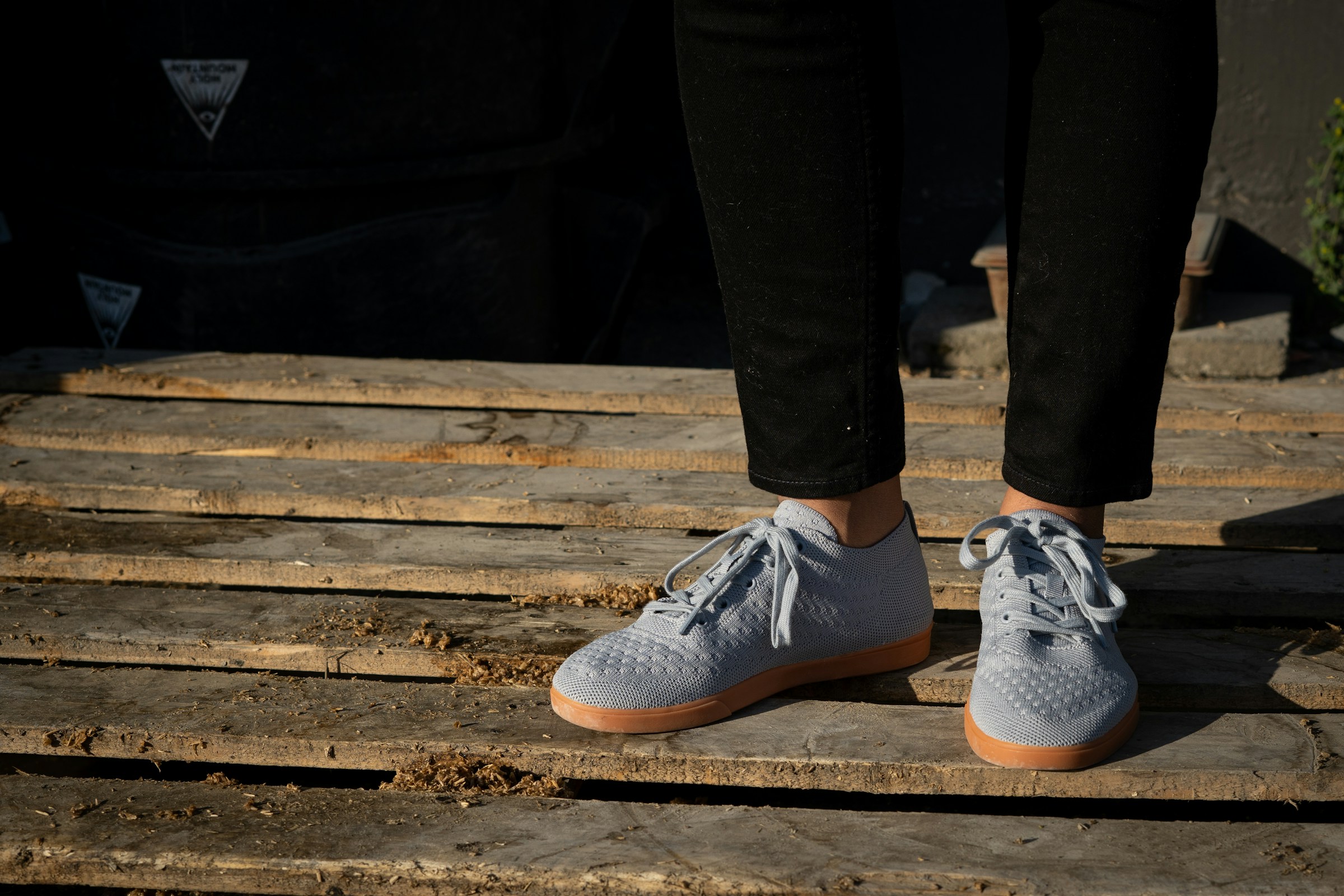In today’s society, the emphasis on environmental sustainability is stronger than ever. As a consumer, you all are always looking for ways to make your purchasing habits more ethical and environmentally friendly. One way you can do this is by taking into consideration the brands and materials of the shoes you buy. Particularly, shoes that are vegan, made from recycled materials, and produced by good, ethical companies are a great choice. In this guide, we will take a detailed look at what you should pay attention to when buying sustainable shoes made in the UK. We will discuss the top-rated brands, the use of vegan and recycled materials, and the importance of supporting ethical footwear companies.
Identifying Ethical Shoe Brands
Before digging into the materials used in sustainable shoes, it’s crucial to look at the brands themselves. The brand behind the shoe can tell you a lot about its ethical and environmental standards. You may ask, what makes a shoe brand ethical? An ethical shoe brand is one that values people, animals, and the environment in its manufacturing practices.
Have you seen this : How to Accessorize with British Antique Jewelry for an Elegant Evening Out?
There are several top-rated ethical shoe brands in the UK that have made a name for themselves through their commitment to sustainability. These brands often carry certifications or ratings from environmental or ethical organizations to back up their claims. Brands such as Po-Zu, Ethletic, and Beyond Skin are reputable for their high environmental ratings, ethical production methods, and use of sustainable materials.
When choosing a brand, look at its production processes. Are the shoes manufactured locally, reducing carbon footprint through less shipping? Does the company pay its workers a fair wage? The answers to these questions can help you make an informed choice about which ethical shoe brand to support.
This might interest you : How to Style Chunky Boots with Feminine Dresses for a Bold UK Look?
Choosing Vegan and Recycled Materials
The materials used in shoes significantly impact their environmental rating. Leather, for example, is a common material in footwear but its production is harmful to the environment and involves the killing of animals. That’s why many sustainable shoe brands opt for vegan and recycled materials instead.
Vegan shoes are made without any animal products or byproducts. Instead, they use materials like organic cotton, hemp, or synthetic materials that mimic the look and feel of leather. These vegan materials are not only ethical in terms of animal welfare but are also often more sustainable, as they require less water and energy to produce compared to leather.
In addition to vegan materials, many sustainable shoe brands use recycled materials. These can range from recycled rubber for soles to recycled plastic bottles for fabric. Shoes made from recycled materials help reduce waste and consumption, making them a great option for environmentally conscious consumers.
Supporting Brands with Good Company Rating
Aside from the materials and ethical standards, another important factor to consider when buying sustainable shoes is the overall company rating. This rating often takes into account various aspects such as the welfare of workers, the environmental footprint, and transparency.
A good company rating means that the brand is not only focused on producing high-quality products but also takes into account its overall impact on people and the environment. Brands that are B Corp-certified, for instance, meet the highest standards of verified social and environmental performance, public transparency, and legal accountability to balance profit and purpose.
There are many resources available to check the company rating of a brand. Ethical Consumer, for instance, is a UK-based magazine that provides ratings for a wide range of companies based on their ethical practices.
Understanding the Importance of Local Manufacturing
Finally, the location of a shoe’s production can play a significant role in its environmental impact. When shoes are made locally, in the UK for example, they typically have a lesser carbon footprint as they do not have to be shipped from overseas.
Moreover, local manufacturing often means more control over the production process. This can lead to better working conditions for employees, and more emphasis placed on quality and sustainability, rather than mass production. Many ethical shoe brands in the UK proudly manufacture their footwear locally, supporting the UK economy and providing jobs for local communities.
When choosing your next pair of shoes, consider where and how they are made. It’s not just a purchase but an investment in a more sustainable and ethical future.
Ethical Accreditation and Code of Conduct
When choosing a sustainable shoe brand, it’s essential to consider the brand’s ethical accreditation and their adherence to a positive code of conduct. These are indicators that the brand is committed to maintaining environmental and social standards throughout its supply chain.
Ethical accreditation can come from various sources, including third-party audits, industry certifications, or the brand’s own internal standards. For example, some shoe brands may carry the Fairtrade mark, indicating they adhere to international Fairtrade standards that protect workers’ rights, ensure fair prices and promote sustainable farming practices.
The brand’s code of conduct is another critical factor to consider. This is a set of guidelines that the company follows to ensure its operations are ethical and sustainable. It may cover areas such as workers’ rights, environmental conservation, animal welfare, and transparency in their supply chain.
For instance, the code of conduct may stipulate that the company will not source materials from suppliers that exploit their workers or engage in harmful environmental practices. Some brands may also commit to not using fossil fuels in their operations or contributing to political donations.
Remember, a good ethical brand will often provide this information on their website, so you can make an informed decision before purchasing.
Price Range and Vegan Options
Choosing sustainable shoes doesn’t necessarily mean breaking the bank. While it’s true that ethical and eco-friendly shoes can sometimes cost more due to the higher cost of sustainable materials and ethical practices, there are still various options available in different price ranges.
Purchasing sustainable shoes is an investment in the long run. They are often more durable and made of better-quality materials, which can save you money over time. And let’s not forget the positive impact on the environment and human rights – something that cannot be measured in monetary terms.
When it comes to vegan options, there is an increasing number of brands offering such shoes. Vegan shoes made from plant-based or synthetic materials are becoming more common. These shoes ensure that no animals were harmed or used in the production process, aligning with the principles of animal welfare.
However, while considering vegan options, remember to check if the synthetic materials used aren’t derived from fossil fuels. The best vegan shoes are those made of plant-based materials or recycled synthetic materials, aligning fully with the ethos of sustainability.
Conclusion
In conclusion, buying sustainable shoes made in the UK involves considering various factors such as the use of sustainable materials, the brand’s commitment to human rights, their ethical rating, and their price range.
Look for brands that uphold high standards of ethical conduct, offer good vegan options, are transparent about their supply chain, and have a good ethical accreditation. While the initial cost may be higher, remember that you are not just paying for the shoes. You are also contributing to a more sustainable and ethical world, which is priceless.
Don’t forget that every purchase is a chance to cast a vote for the kind of world you want to live in. Let’s make our choices count, and move towards a more sustainable and ethical future, one pair of shoes at a time.











